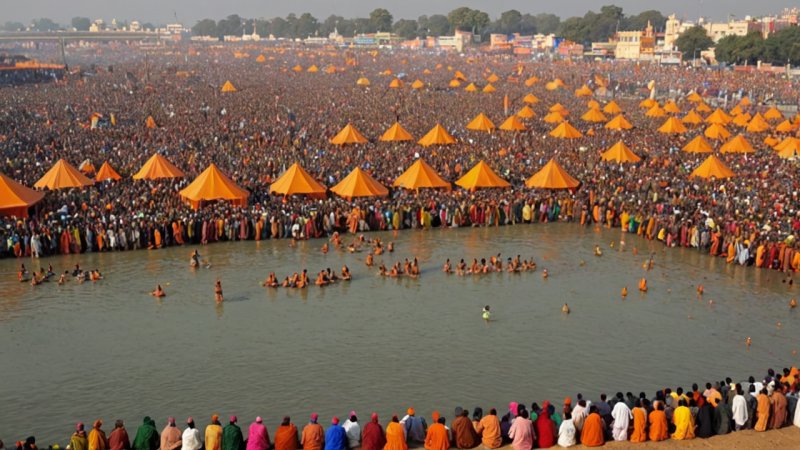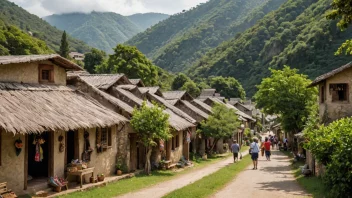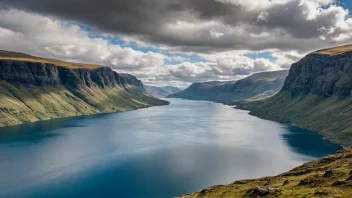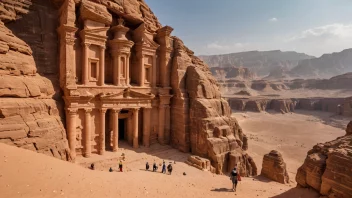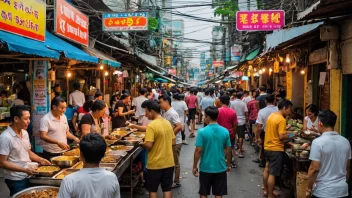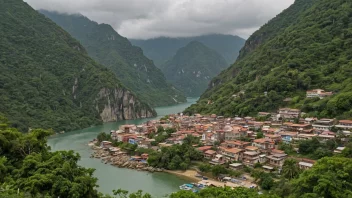What is Kumbh Mela?
The Kumbh Mela is one of the largest religious gatherings in the world, celebrated every three years at four different locations in India: Allahabad (Prayagraj), Haridwar, Ujjain, and Nashik. This grand festival attracts millions of pilgrims who come to bathe in the sacred rivers, believed to wash away sins and facilitate spiritual liberation.
When does Kumbh Mela take place?
The Kumbh Mela is held every three years, rotating among the four locations. The festival follows a cycle determined by the alignment of planets, particularly the positions of the sun, moon, and Jupiter. Major Kumbh Melas occur every 12 years at Allahabad, with the next one scheduled for 2025.
What are the key rituals performed during Kumbh Mela?
- Holy Bath: Pilgrims take a dip in the sacred rivers to cleanse themselves of sins.
- Prayer and Pujas: Devotees perform rituals and prayers at the riverbanks.
- Processions: Ascetics and religious leaders, known as Sadhus, lead grand processions.
- Spiritual Discourses: Various teachings and discourses are held to enlighten the attendees.
What makes Kumbh Mela unique?
Kumbh Mela stands out not only for its massive scale but also for its deep spiritual significance. It fosters a sense of unity among participants from diverse backgrounds, emphasizing the importance of faith and spirituality in everyday life. The festival showcases rich cultural traditions through music, dance, and art, creating a vibrant atmosphere of devotion.
How do I prepare for attending Kumbh Mela?
- Plan Your Trip Early: Given the massive influx of visitors, it’s crucial to make travel arrangements well in advance.
- Stay Informed: Keep updated on dates, locations, and any changes in the schedule.
- Pack Wisely: Bring essentials such as comfortable clothing, toiletries, and a first-aid kit.
- Stay Hydrated: The festival can be exhausting, so drink plenty of water.
- Respect Local Customs: Be mindful of the spiritual atmosphere and adhere to local customs.
Are there any safety concerns at Kumbh Mela?
While Kumbh Mela is generally safe, the large crowds can pose risks. Here are some safety tips:
- Stay Alert: Be aware of your surroundings and keep personal belongings secure.
- Travel in Groups: It’s advisable to attend the festival with friends or family.
- Follow Guidelines: Listen to local authorities and follow safety protocols.
- Have a Meeting Point: In case of separation, establish a meeting point with your group.
What is the significance of the rivers at Kumbh Mela?
The rivers where Kumbh Mela is celebrated are considered sacred in Hinduism. Each river has its own significance:
- Ganges (Ganga): Represents purity and is believed to bestow salvation.
- Yamuna: Symbolizes divine love and is closely associated with Lord Krishna.
- Saraswati: Represents knowledge and wisdom, although it is not visible at the site.
How can I participate in Kumbh Mela?
Anyone can participate in Kumbh Mela, regardless of their faith. Here’s how to get involved:
- Join the Pilgrimage: Attend the festival and partake in the rituals.
- Volunteer: Many organizations seek volunteers to help manage the event.
- Document the Experience: Capture the essence of Kumbh Mela through photography or writing.
What should I know about the cultural aspects of Kumbh Mela?
Kumbh Mela is a melting pot of cultures, showcasing a blend of traditions, beliefs, and practices. Visitors can witness:
- Spiritual Discourse: Engage in enlightening talks by revered leaders.
- Art and Music: Enjoy performances celebrating spirituality through art.
- Traditional Cuisine: Sample local delicacies offered by various stalls.
In conclusion, the Kumbh Mela is not just a festival; it is a profound spiritual journey that offers a unique opportunity to connect with one's faith, culture, and fellow pilgrims. Whether you are a devout believer or a curious traveler, the experience of Kumbh Mela is sure to leave an indelible mark on your heart and mind.
